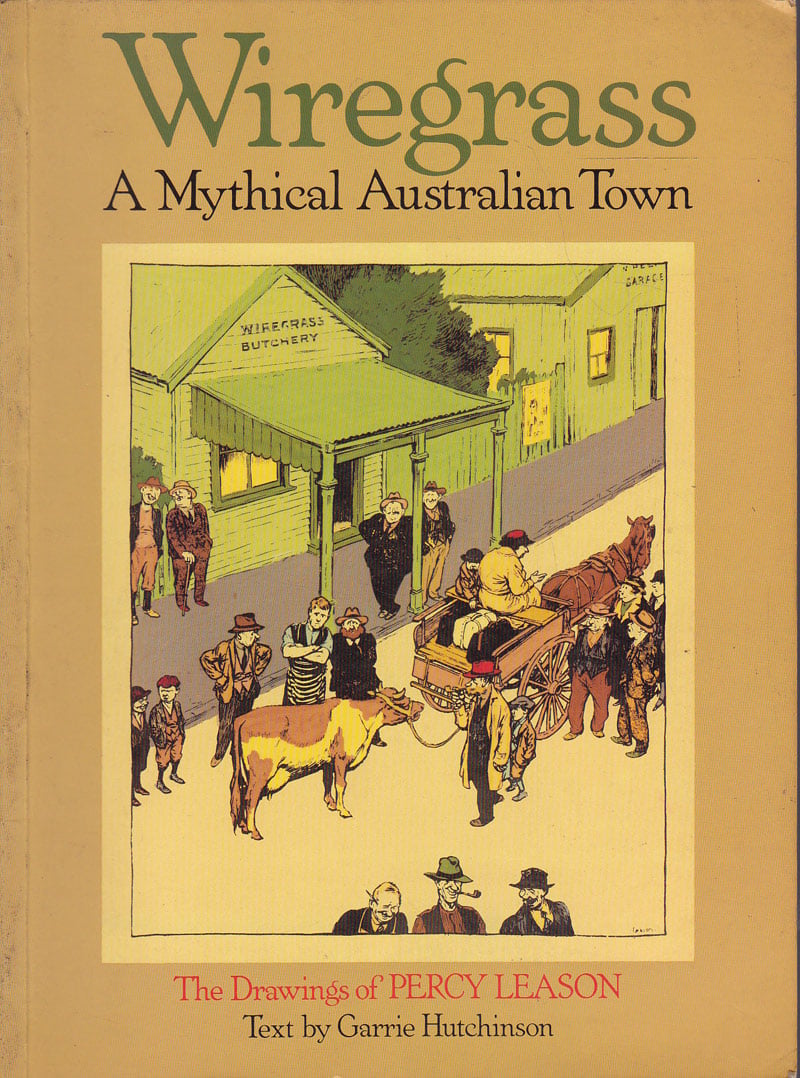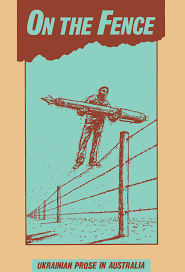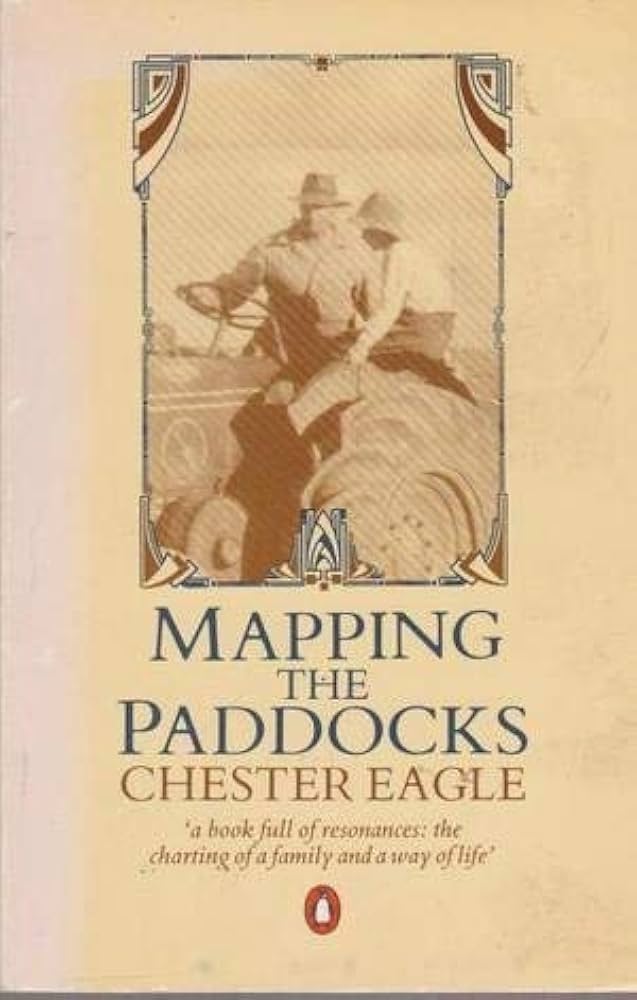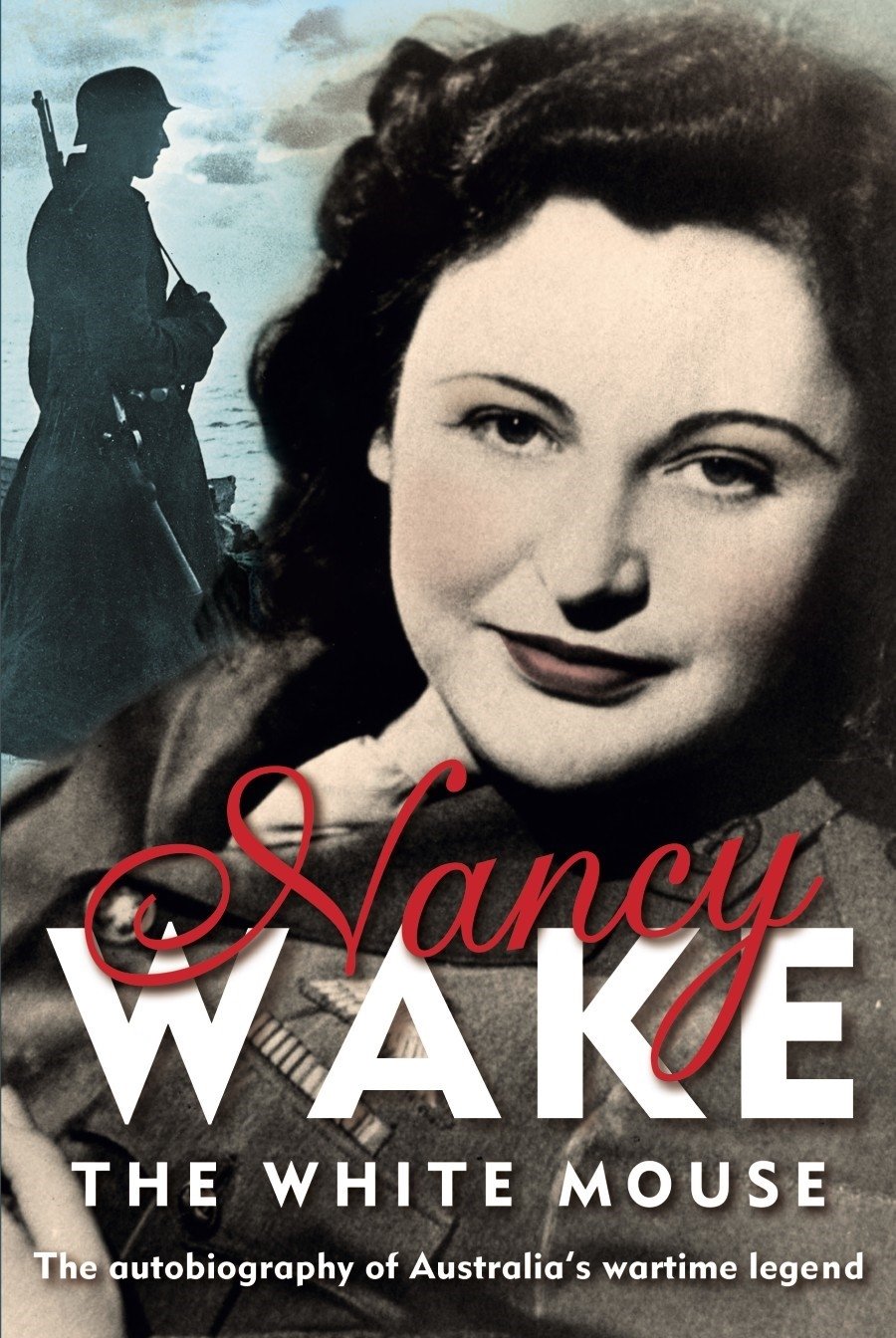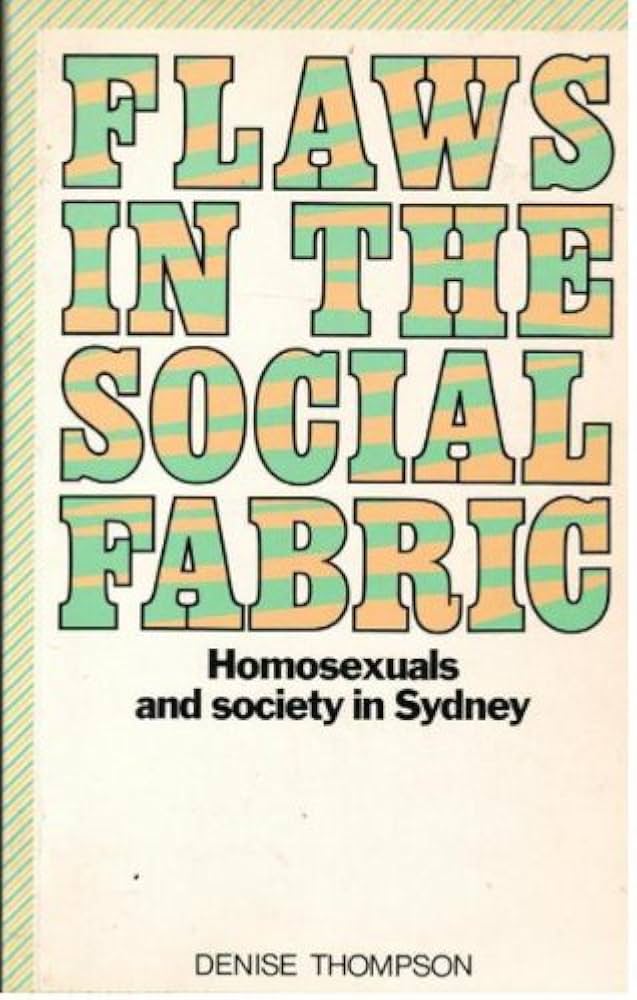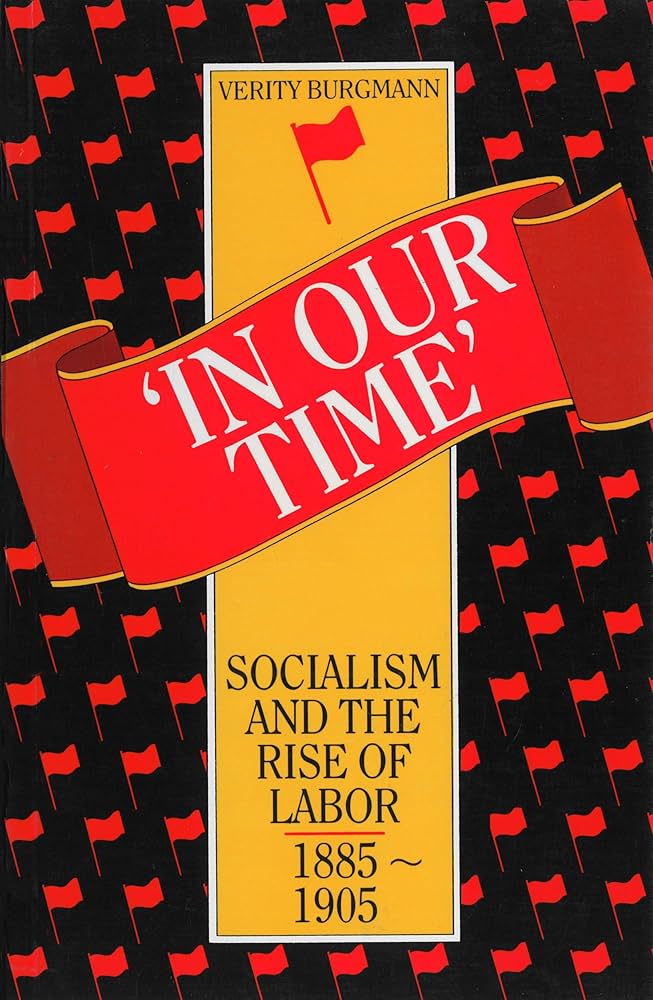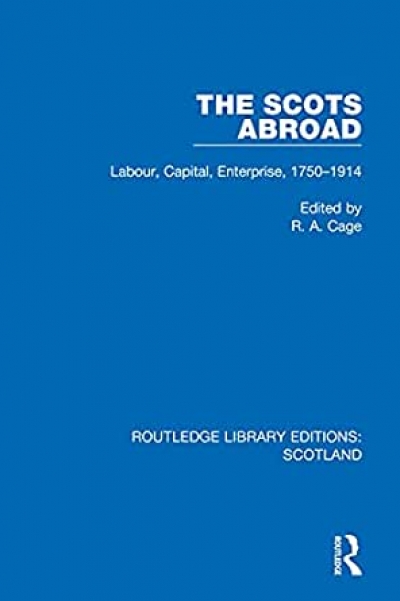History
From the beginnings of white settlement, Australia has had, an economy based almost entirely on rural production. The effects of a rural economy and population influencing broad social attitudes, not surprisingly, has resulted in a culture wherein the ‘up-country bushman’ and the legendary ‘outback’ are the very essence of this nation’s lore. And comedy has been a significant element of the lore. The early Australian writers ‘Steele Rudd’, Edward Dyson, ‘Banjo’ Patterson and Henry Lawson among many have celebrated some aspect of country life, as it was, with comedy; and so, of course, have the black and white artists working for the Australian press. Indeed, Australia today is the last remaining country observing her rural origins in graphic satire. One of the more significant twentieth century creators of Australian bush comedy was the magnificent pen-draughtsman Percy Leason.
... (read more)English Prose Fiction 1158–1700: A Critical History by Paul Salzman
Paul Salzman has wit and judgement. He knows his chosen period is usually thought of as a lean one for prose fiction; he is anxious not to be typed as ‘the indefatigable in pursuit of the unreadable.’ He sees himself as the cartographer of a largely uncharted region: his main aim is to give us an idea of what is there.
A writer in this situation would like to be able to report on neglected masterpieces. Salzman is too sensible to make extravagant claims: the claims he does make are the more believable because they are modest. If he fails to find a seventeenth-century rival to Clarissa or Middlemarch, he nevertheless turns up some long and short fictions that deserve to be better known than they are. Mary Wrath’s Urania, ‘a feminist reading of the romance form’ which exposes ‘the less salubrious underside of the courtly code’, is one. It is apparently the earliest published work of fiction written in English by a woman. (It was suppressed soon after publication because it allegedly played ‘palpably and grossly’ with the reputations of certain influential people whom it portrayed under fictional names.)
... (read more)As Professor Oskar Spate says in his Foreword, ‘Most Australians who have heard of Miclouho-Maclay at all have a vague idea that he was the first ethnographer to do serious work in New Guinea, a Russian with a warm human sympathy for native races’. In this sensitively written biography, Elsie Webster presents Maclay as a man of strong, complex and sometimes inconsistent character who packed a remarkable amount of work and adventure into his short life of forty-two years.
... (read more)Dmytro Chub, in his introduction to On the Fence: Ukrainian Prose in Australia, observes that ‘Although there are some fine novels set in Ukraine’s historical past and under Soviet rule, the period spent in Displaced Persons camps in Germany and the emigré experience in Australia has given birth to no more than a few short stories. While older writers sentimentalise about a lost past, younger writers do not wish to stir up the sensitive issues in the community.’ This is the problem of the anthology. While it may be admirable to translate into English Ukrainian writing, the act of doing so exposes the weaknesses of translator and writer. As long as the prose or fiction remains within the language context of the group, it gains from the common memory of things past, shared pain, shared loyalty, shared guilt. To the printed word is added associated experience. Set it into a new language, a different social context, and the word has to work much harder in getting things right.
... (read more)This book of elegant and gentle reminiscence covers the period ‘from the depths of the depression to the return of Bradman’. Bradman is used to present a focus of a boy’s perception of his world in the thirties and forties. There is a war, and no cricket, no Bradman. ‘Test cricket was in abeyance, only to return if we won. What would the Germans do to cricket? Ban it? Shoot all cricketers? The Japanese would be worse, Father said. Despite Teutonic arrogance, the Germans were European, while the Japanese were yellow and beyond prediction.’ The war touches life on the Riverina plain near Finley. Planes overhead, men going off to war, and finally, news of the bombing of Hiroshima and Nagasaki. ‘A city had been destroyed. I’d been to Melbourne, I knew what a. city was, and a. city bad been destroyed ... The war, which would soon end, would be leaving us high and dry above the waters that had produced Hammond, Larwood, Voce, Maurice Leyland ... ’ Life will never be the same on the playing fields of Finley or in the paddocks of the Eagle farm. This is a book of sophisticated whimsy, of convincing recollection, of deep but deft seriousness. ‘Time passed. The Germans were defeated. The papers ran articles on the fitness of Bradman and the likelihood of his return.’
... (read more)The White Mouse by Nancy Wake & The Diggers of Colditz by Jack Champ and Colin Burgess
Resistance has three components – intelligence, sabotage, and aiding service personnel to evade capture. or to escape. Nancy Wake, in occupied France, was active in all three; and Jack Champ escaped. A member of the sixth division, he was captured in Greece, later taken to notorious Colditz.
... (read more)Not since Altman has there been such an erudite book on the subject of homosexuality/lesbianism.
... (read more)It may still be useful to begin by describing what Hugh Lunn’s book does not set out to do, then there can be no misunderstandings as to whether or not he has achieved his objectives.
The book is not an account of the Vietnam War in the sense that it at any time attempts to explain who is fighting whom, for what reasons and by whatever tactics and strategies. You will learn next to nothing from Lunn about the causes of the war, the reasons for American and Australian involvement or anything else of a significant political, historical or military nature.
... (read more)In Our Time: Socialism and the rise of Labor 1885 – 1905 by Verity Burgmann
Although this book is written of a period in Australian history beginning exactly one century ago, a verse from a poem written in the 1890’s which Burgmann quotes on the last page of her book has poignancy for labor idealists today:
No wonder that the people turn, they are so oft betrayed
By men of mighty promises whom danger makes afraid.
O what’s the use of choosing chiefs to smash the Evil down,
If when they get into the van they end by ‘backing down’
Yet this is not a tale of betrayal and woe. It is the story of men and a few women who were in the vanguard of organised labor as it became politically influential; frustrated and frequently exhausted they may have been, and not a few succumbed to the ease of parliamentary privilege, but in this chronicle of their activities it is remarkable how rarely the canker of cynicism appears.
... (read more)The Scots Abroad: Labour, capital, enterprise 1750–1914 edited by R.A. Cage
The editor of The Scots Abroad took one big hoary fact, stuffed it in a cannon and fired it. Indeed he fired it to several parts of the world. Then he wrote letters to the provincial experts, asking them to survey the effects his missile had on landing. The results of course were fairly predictable and roughly the same in each case – it was the same fact after all. A lot of gravel and some larger stones thrown up, several casualties among the native population, little damage to public buildings, though in more than one case banks were reported collapsed and men in grey suits were seen running away. At the bottom of the crater lay the fact, quite unexploded, still as hoary and unyielding as when it was fired. This was a Scottish fact, or, rather, the fact was a Scot, or a Scottish ‘national type’, so we shouldn’t wonder that it was quite intact.
... (read more)

